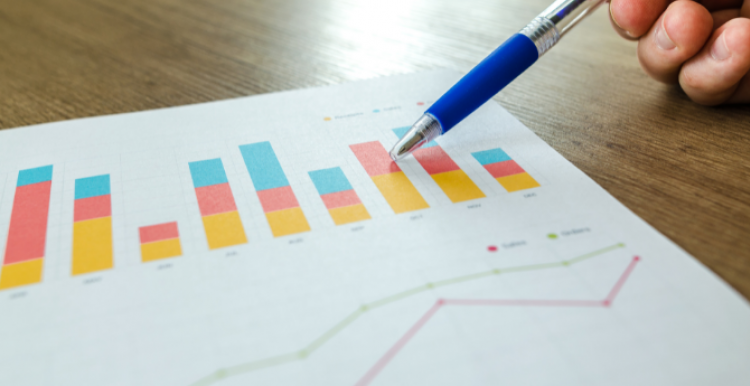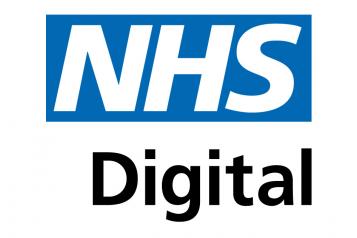Why do we need to collect demographic information when you share your views with us?

When you share your experiences of health and social care with us, you'll be asked a variety of questions about yourself based on the nine protected characteristics:
- age
- gender reassignment
- being married or in a civil partnership
- being pregnant or on maternity leave
- disability
- race including colour, nationality, ethnic or national origin
- religion or belief
- sex
- sexual orientation
We ask these questions for several reasons. It is against the law to discriminate against a person or group based on any of the above. When you share this information with us, it helps us identify if you are being discriminated against. It also allows us to identify inequalities in health and social care.
For more information about health inequalities, take a look at Healthwatch England's equality, diversity and inclusion roadmap.
Demographic information also helps us learn who we're receiving feedback from, and if the feedback we collect represents the views and experiences of the local community. It can help us identify any themes or issues that are specific to a group of people. We want to make sure that health and social care services work for everyone.
Collecting demographic data enables us to see if there are differences in care provided to people based on their personal characteristics such as gender or ethnicity. It also helps us to understand if there are any gaps in our data, helping us to ensure that the information that we have is as representative of this area as possible.
As a local Healthwatch, one of our objectives is "to seek the views of those who are seldom heard and reduce the barriers they face" (Healthwatch England).
The best way we can measure whether or not we are doing this effectively is to collect demographic data.
If you have further questions about how we use your information, you can read our privacy policy here.

